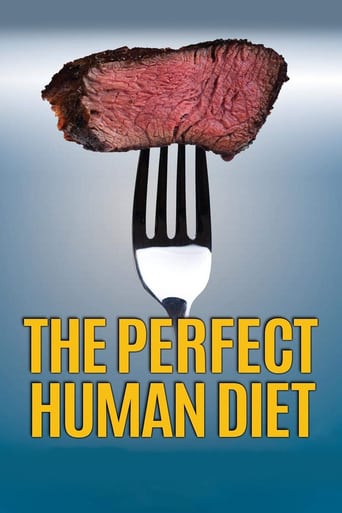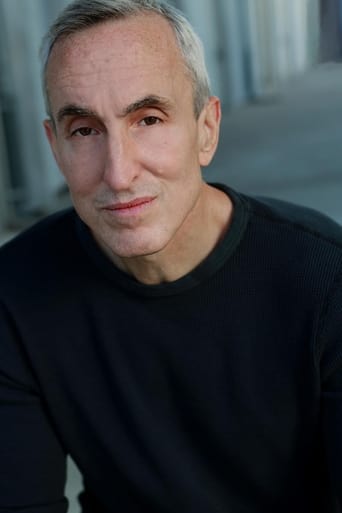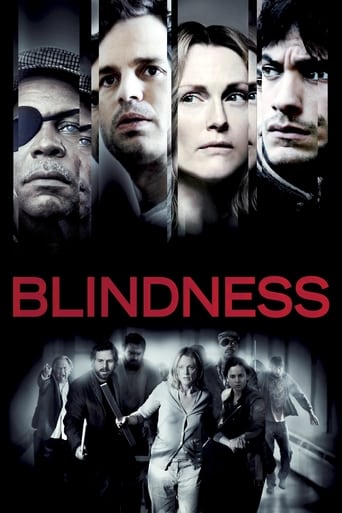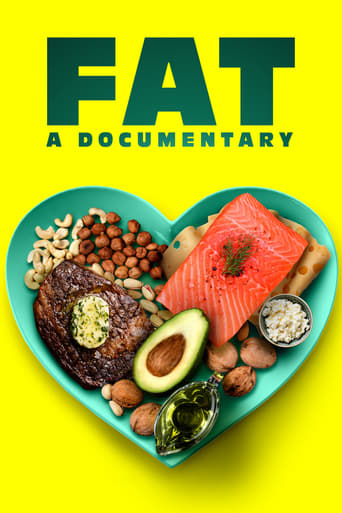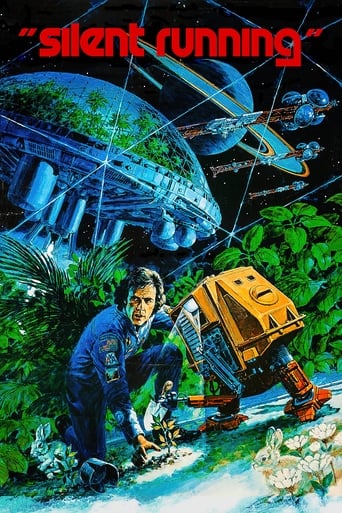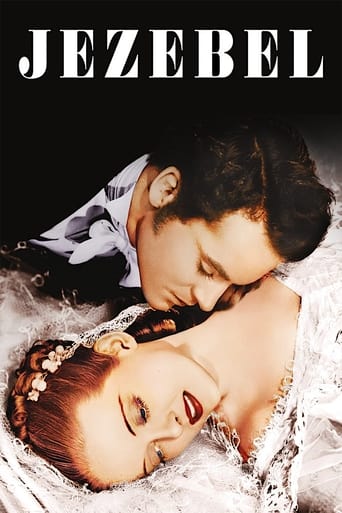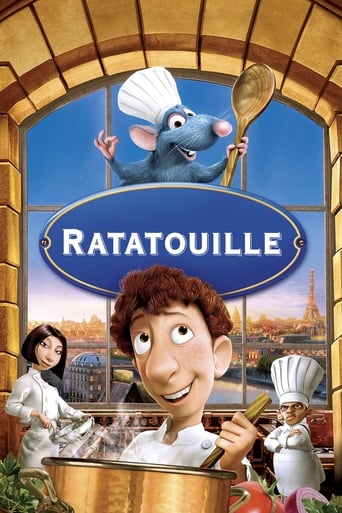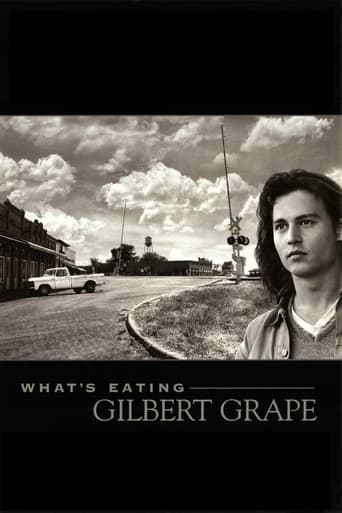The Perfect Human Diet (2012)
"The Perfect Human Diet" is an unprecedented global exploration to find a solution to our epidemic of overweight obesity and diet-related disease - the #1 killer in America. The film bypasses current dietary group-think by exploring modern dietary science, previous historical findings, ancestral native diets and the emerging field of human dietary evolution; revealing for the first time, the authentic human diet. Film audiences finally have the opportunity to see what our species really needs for optimal health and are introduced to a practical template based on these breakthrough scientific facts.
Watch Trailer
Cast
Similar titles
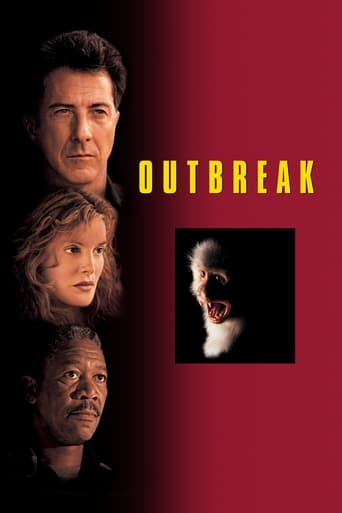
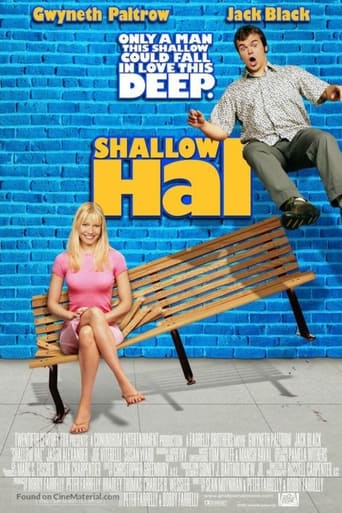
Reviews
It's an amazing and heartbreaking story.
One of the most extraordinary films you will see this year. Take that as you want.
Like the great film, it's made with a great deal of visible affection both in front of and behind the camera.
I enjoyed watching this film and would recommend other to give it a try , (as I am) but this movie, although enjoyable to watch due to the better than average acting fails to add anything new to its storyline that is all too familiar to these types of movies.
Watched this documentary yesterday. It was very interesting from the perspective of evolutionary origins of the human diet, and somewhat accurate from that respect I believe as well. However, it's clear anti-vegetarian/anti-vegan bias made it less than desirable as a movie to recommend. It makes several poor assumptions about what it means for us in a modern society based on our ancestors' diets. And it glosses over a many of the modern arguments for vegetarianism and veganism that are very powerful.This documentary also continues to harp on the idea that the consumption of meat is responsible for our ancestors developing large brains. While this may have been a factor, it completely ignores the fact that most evolutionary biologists believe that it was the advent of cooking that is largely responsible for our increased brain capacity, not the consumption of meat. (No other carnivore/omnivore developed large brains, only us.) It is much more likely that our bodies incorporated certain animal-based nutrients, like vitamin B12, as our brains enlarged, rather than being the cause of our enlarged brains.But, it should be noted that veganism and vegetarianism are not diets for optimal human health in and of themselves. You can absolutely be a fat, unhealthy vegan if you want to. Veganism is largely based in the ethical and environmental arguments, taking into account the almost irreparable damage that our modern agricultural industry is doing to the planet. To be vegan AND healthy, you must also consider what our ancestors consumed and make sure you are getting adequate plant protein from diverse sources, nutrients, etc.Both "Food Choices," which I highly recommend, and this documentary overlap in certain areas, which are that the consumption of highly refined, processed food products (like HFCS) are bad for human health in general. They both agree that humans are the most healthy when we consume whole food products with fewer additives. They also agree that milk products in general are not good for human health beyond a very young age.
So the message behind the film seemed to be eat more meat. Here are just a few problems I saw with the arguments the film use's to make that claim.1. Person claims humans have a herbivores digestive system. Obviously untrue (we are omnivores as are our closest relatives) but I'm not sure why he chose to feature a business owner selling soy jerky to make it other than it discredits people who support vegetarianism. Would have been better to either not addressed vegetarianism at all, or had some sort of expert to explain the relative upsides/downsides of a vegetarian diet. For example of the 4 of the 5 blue zones in the world have a plant based diet and the 5th is mostly fish.2. Person claims that all herbivores have four stomachs. This is factually not true. Horses, Rhino's, rabbits, and a host of other herbivores have a single stomach.3. If you have read In Defense of Food you know how complicated nutritional science is. The film implies that the old low fat movement came about with no scientific backing. To me that sounds more like an infomercial than a documentary. It's quite possible whatever evidence they were gathering was either misleading or misinterpreted but it would have been more illuminating to discuss what the specific errors were and why the modern science is better. Is the view the film is pushing the result of increases in knowledge or just the next fad. Personally I'm not sure and looking at this film critically doesn't go a long way towards convincing me.3. Person claims that there high carb proponents make no differentiation between processed an non-processed carbs after a scene at the vegetarian summit where a presenter specifically said avoid processed foods. This is sort of the base problem with the films premise. Humans have evolved to thrive on a pretty wide range of foods and whole grains are not that different from the foods we were eating previously. The problem is that in refining them we remove all but the least nutritionally dense portion of the grain and turn that nutritionally deficient substance into a large portion of or diet. That is far different from having a moderate amount of whole grains and a greatly increased level of more nutritionally dense vegetables which is the diet vegetarians actually promote. Again maybe paleo are right but you need to make a fair comparison to know one way or the other.4. The analysis by the plank institute only covers Europe, an area that earlier in the film noted has no plant food sources for a significant period of the year. Humans are opportunistic eaters they will eat what is available. If plants are not available they won't be a large portion of the diet. If you look at what we know about diets world wide the only thing they have in common is variety.5. When you make a film that is promoting establishment views you don't need to give outsiders a voice. The opposite is not true. At some point it would have been a good idea to have some sort of expert on to explain why the current recommendations exist and to weigh in on the benefits and disadvantages of the diet the movie.I think paleo is an overall fairly healthy diet. I think this film would have made a better case for it by focusing on modern studies showing it's benefits than focusing on one side of the debate over what our ancestors ate. It also seemed to miss that all the nutrients animals are getting come from the food they eat so if you're eating grain fed beef you're not making a huge improvement over eating the grains yourself.
This documentary is quite shallow at the end, even though there is a real effort to interview serious scientist and to approach the different diets. They go from the extreme no meat to only meat... as some of my peers saidHowever this is the first documentary that is really focused on an evolutionary perspective for diets, and for this, i gave them my two stars. But, the format makes me to a reality TV show, especially for the first half. they seem to be very into "scoop" and sensitization of the informations, which annoyed me quite much i have to say. with the little harp music that often comes... this is really annoying. So i really had a problem with the format.plus the use of the expression by some of the scientists " we are design for...", well as a scientist myself this is... ouch! And one the guy is citing the sphenoid bone which is a the center of the theory of the intelligent design.... For me this documentary is really on the slippery slope and i am wondering if it has not just been made for good traditional American (that is just evolved enough to accept there might be some kind of evolution) to give them weak scientific justifications for they diet.And most of it, there is an important point that they forgot to take in the equation : the impact of the environment.... This is something that our ancestors did not have to deal with.. So yes some of our ancestors ate mainly animal products, but those resources now have such a cost on our environment, which makes me question a lot about the perfection of this diet. If we want to really think about our diet, i think that we are at a point were we need a more broad approach that really embraces more problems that are related to food. They are NEVER talking about the pesticides...!!!! This is why i think this documentary is at the end quite presumptuous, even if the questions it asks is really interesting.
The entire documentary is all built on flawed logic, flawed assumptions and flawed conjectures. basic gist is, since evolution and history says that for 99.9% of human history we humans have been hunter gatherers, our diet should be like that. But that is a very flawed way of thinking. Just because our ancestors were meat eaters doesn't mean meat is better than vegetables for us. Our ancestors were not exactly optimizing their potential, just because they were living like animals. Evolution does not create perfect scenarios and perfect species of perfect health, that is a fallacy this documentary is based on. It assumes our ancestors were eating a diet, that they had perfectly evolved into. Which is not the case. While i agree with half the documentary (the half condemning modern diet of processed foods), the other half of it is a load of pile of false truths and false logics. I present here some of these flaws the documentary ignores. 1) Our ancestors no doubt starved many months, many weeks, many days of the year, through winter, when they could not find hunt food to the point where many no doubt died. This documentary completely ignores this fact when promoting this high meat diet theory. 2) Our ancestors also ate insects, larvae, and other unhealthy and disgusting things, at no point do they start promoting a diet of insects. Which again is another example of picking and choosing history. 3) Our ancestors also didn't bath or clean themselves at all. No one would say poor hygiene and living and eating like a wild dog is better for us, just because our ancestors did it for millions of years. So why use the same premise for dieting? 4) another example since our ancestors never exercised and only exerted themselves when hunting, optimal health means we should not exercise unless chasing a deer. Which they probably only did once a month for a few minutes and only in large groups. 5) historically human societies have been fishermen rather than hunters. This a fact the video ignores, as game food was not guaranteed whist fish from the ocean or rivers largely was. Thus most civilizations were situated on coastlines and near rivers. Ultimately the point is, our ancestors did not have an optimal best perfect diet, trying to mimic them is like trying to copy a C student in an exam, you are not going to better a better grade. This is the poor logic used in this DVD, which is flawed. If you look at native aborigine populations in south America, Australia who are following very much our ancestors diet, and look at the athletes from the Olympics, anyone with half a brain can tell that the athletes in the Olympics are healthier and better. Our ancestors also rarely lived beyond 40, average lifespan was probably around in the late 30's. so evolution hasn't engineered the paleo-primal diet to exactly keep our body ship shape beyond 40 (going by their own logic). So that's another flaw in using the logic of our ancestors diet is evolutionary wise the best for us. Frankly documentary is a load of baloney. But they are right in that the paleo-primal diet is a million times better than the modern processed sugar, salt, spices, oils artificial chemical diet we have in the 21st century. But they need to De-emphasise the meat intake, as our ancestors if anything like normal hunter gatherers would most likely have not had much meat in their diet as consistently as modern lifestyles or the paleo-primal diet likes to infer. As you can't exactly catch and cook a deer with a spear 3 times a day. Even lions eat only once a week in the wild, sometimes once a month periodically, and even starve when the herd migrates. As hunting eating food isn't exactly on the dot, breakfast, lunch, tea and dinner time like we have made nowadays. Saying completely no to wheat is a fallacy as no doubt our ancestors must have eaten wild grain, in order for them to become farmers of the stuff. So it was part of their diet, which documentary ignores.
